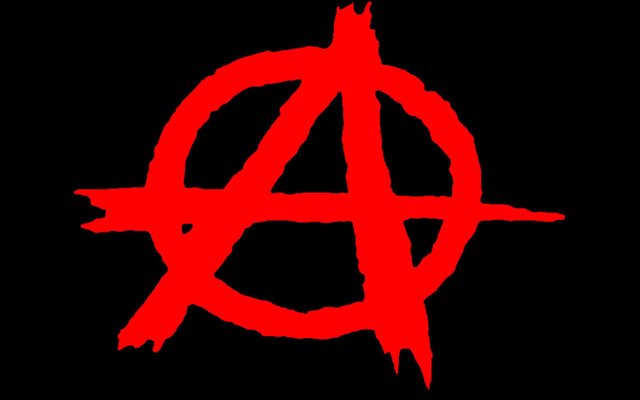
Restraint
Mike from PBS Idea Channel makes the case that "Inflicting violence is to remove an agent's choice". I have an issue with definition however. Slavoj Zizek wrote about violence and made the case that there are multiple forms of violence. Physical violence, sexual violence, objective violence, subjective violence, etc. I am choosing to use the word restraint as compared to violence so I don't devalue the word "violence" although it is being used both philosophically and legally.
If freedom is the total degree of choices someone can make then I can see it emerging from two ways. Control and consent. Control is built on respect whereas consent relies on trust. If I am in control of my potential oppressor I don't fear their oppression as I become the new oppressor. If my oppressor grants me permission then I am compassionate to my oppressor as I descend into mear servitude.
This dichotomy of freedom may seem irrelevant, but I would strongly disagree. In America I would argue the two political sides use these two separate definitions as the underlying formation of their views on the right amount of agency one must have in order for a society to be considered free.
I like to use BDSM as a way to organize the different forms of restraint. Mostly because its edgy, but also because its relatable (I know my demographic). A good domination would play out like this. If I consent to you restraining me (ethical restraint) then I have given you a degree of control over me. If you I am uncomfortable with this control (unethical restraint) then I assume you will respect my consent and stop restraining me thus ending the sexual intercourse.
Restraint is the means of enforcing control, but it comes at a price. Power is a force. If I unethically restrain you then you will most likely respond negatively, but without their freedom what choice does someone have but to submit? How do I know I won't set myself up to be raped?
This conversation on the divisions of power and how to ensure that power is equal and maintained is a conversation most anarchist don't indulge in due to the fact they don't see freedom through equal power but through equal consent. This is because anarchy aims at the removal of any and all power structures so restraint is profane to them. I have often seen the case that humans in their natural state are benevolent. The government is the source of power in society and by uprooting the power structure would free the shackles of humanity and restore its benevolence. The meta-ethical claims that stem from outdated enlightened thinking are often used to validate this proposal, but upon further inspection it becomes increasingly easier to refute them.
My personal motto is that the first principle of trust is collateral not respect, hope and faith are prayers of the oppressed, and justice is the advantage of the stronger. Ensuring social equality means ensuring equally distributed of power even at the expense of the individual control.
Posted from my blog with SteemPress : https://lifestonellc.com/uncategorized/a-critical-look-at-anarchy-politics-part-4/